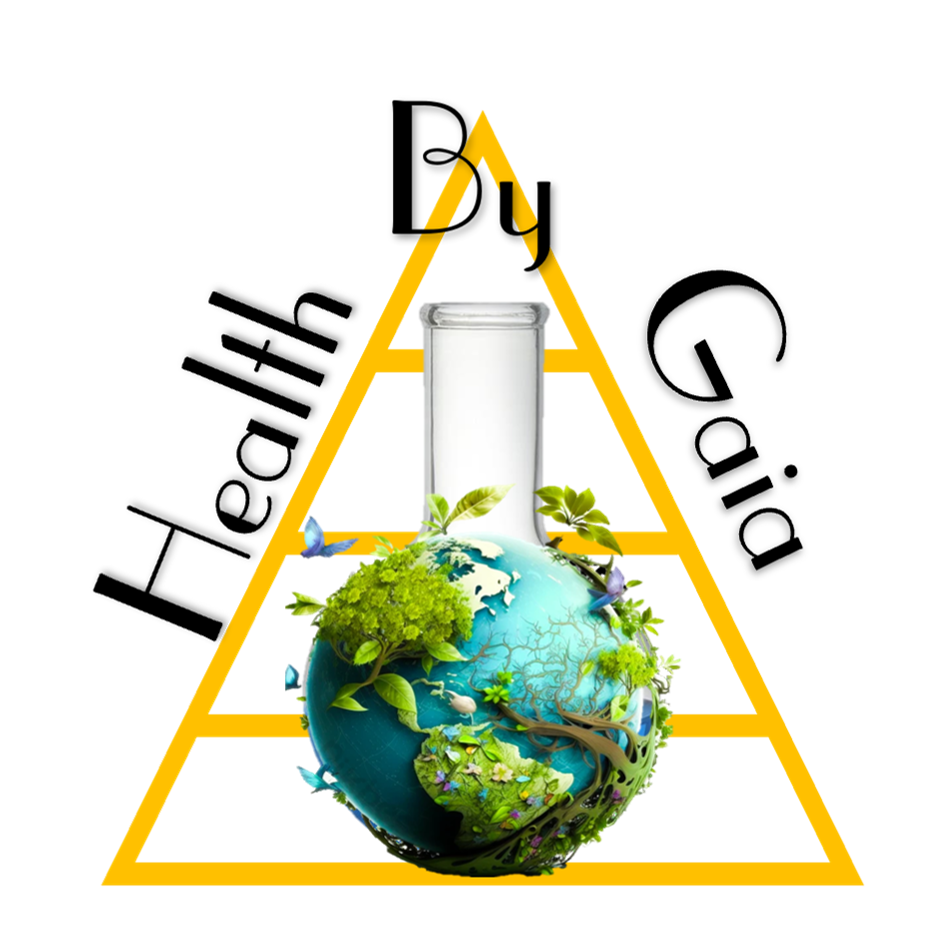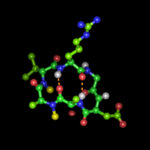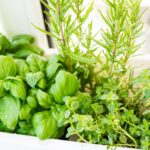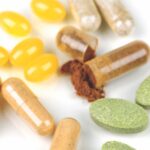What is Vitamin B2?
Vitamin B2 and other B vitamins help your body build red blood cells and support other cellular functions that give you energy. You’ll get the most out of the B vitamins if you take supplements or eat foods that contain all of them.
Vitamin B2 helps support:
- your growth and development
- energy production, including the breakdown of fats, proteins, and carbohydrates into energy
- cellular function
Vitamin B2 Deficiency:
Riboflavin deficiency is rare in places where people have access to fresh foods or supplemental vitamins. But athletes who follow a vegan diet or a vegetarian diet may be more likely to have a deficiency in B vitamins and may need to take supplements to get the recommended amounts.
The symptoms of a vitamin B2 deficiency can include:
- anemia
- swollen throat or tongue
- cataracts
- skin issues, including itching and cracking
People with a riboflavin deficiency may also have other nutritional deficiencies. This can include anemia, which happens when you don’t get enough iron.
If you’re pregnant, a riboflavin deficiency could endanger your baby’s growth and increase your chances of preeclampsia, which involves dangerously high blood pressure during pregnancy. This is a serious condition that can lead to eclampsia, which may be life threatening.
Food Sources:
Food sources of vitamin B2 include:
- dairy products, such as milk, cottage cheese, and yogurt
- fortified oats and breakfast cereals
- egg yolks
- red meat, such as beef and beef liver
- salmon
- cod
- chicken
- almonds
- some grains, such as quinoa
Vitamin B2 is sensitive to light and perishable, however.
Riboflavin is often a supplement in cereal and bread, and it can be present as food coloring. If you’ve ever consumed a lot of B vitamins, you might have noticed a dark yellow tinge in your urine. This color comes from the riboflavin.
Summary:
Vitamin B2, or riboflavin, is necessary for essential body functions that support your growth, development, and energy production.
Many people get enough through their diet. However some people, including athletes following vegetarian diets and people following vegan diets, may need to use supplements to get the daily recommended intake.













